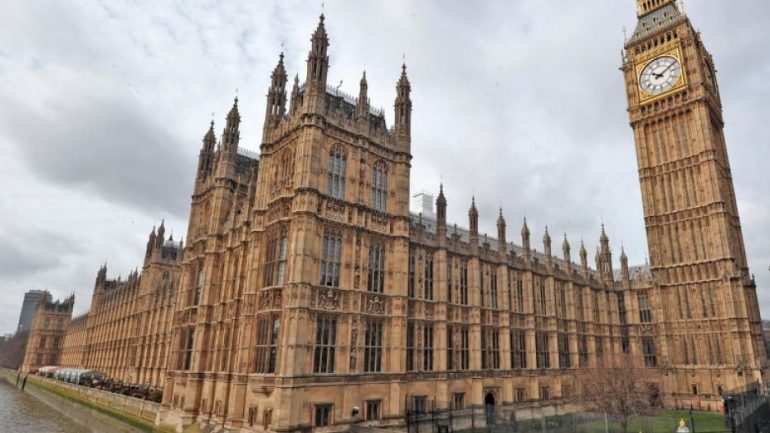Around 500.000 children across the UK go to school fasting every day.
This is a bleak reality for eight million people in Britain who do not have enough food, according to the United Nations, cited by The Independent.
At the same time, around 870.000 children in England go to bed fasting every night because their parents do not have enough money to provide them with the necessary meals.
But insufficient food is not the only problem: thousands of families in the country living on the brink of poverty do not have access to high-nutrition food, and this has long-term consequences for a large number of children.
Dr George Gribble, a scientist at University College London, described the situation as "catastrophic" for children's development.
"When people live in poverty they are forced to buy the cheapest food that has no nutritional value," he told the newspaper.
More than 60% of pediatricians believe that food insecurity associated with food insecurity contributes to the poor health of children undergoing treatment, according to a 2017 study by the Royal College of Pediatricians and Child Health, the British Pediatric Association.
These findings are in stark contrast to the fact that 100 million tonnes of food end up in the trash every year throughout the EU.
More than 400 million servings of food for consumption ended up in a landfill in 2016, which could have been used to feed hungry Britons, according to the country's competent authority.
This is the reason why the newspaper chose as its goal for this year's Christmas campaign, in collaboration with the charity The Felix Project, the fight against the phenomenon.
While many families do not have the necessary food, supermarkets, the food industry and many households in Britain, the newspaper points out, they throw away a total of 10 million tonnes of edible food each year.
Supermarkets have begun to take action against this challenge. For example, the Tesco chain last year pledged to redistribute 100% of its food surplus to charities.
